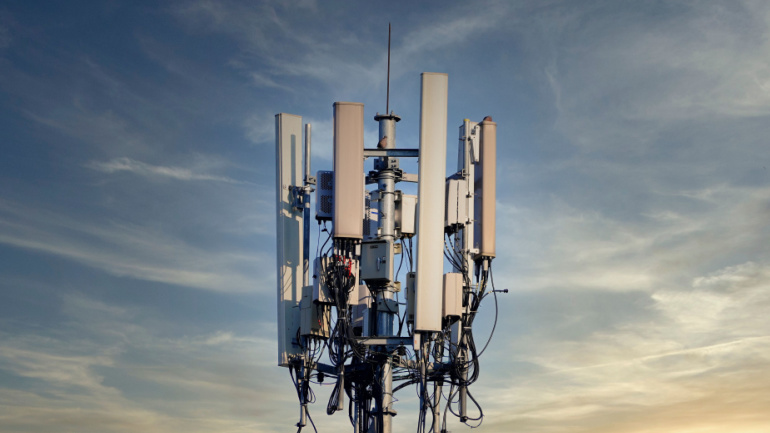Broadband for the Rural North (B4RN) is making waves in connectivity by enhancing its network backhaul speeds to a staggering 400Gbps. This progress, ten times that of its previous capacity, paves the way for improved bandwidth, latency reduction, and an entirely modernized scope of rural connectivity.
In an ambitious move to counteract the issue of network congestion within city environments, UK mobile operator Three has initiated a pioneering project in Glasgow, employing the advanced technology of Mavenir. The initiative focuses on the strategic placement of small cell units across the city to enhance urban connectivity, particularly in areas where 5G coverage is inconsistent.
In a groundbreaking effort to enhance healthcare access and outcomes in Upstate New York’s rural areas, the University of Rochester Medical Center (URMC) has unveiled a novel initiative. This pioneering project introduces telehealth stations within local bank branches, aiming to mitigate the healthcare accessibility gap faced by rural communities.
In a significant security incident, US telecom giant Verizon suffered a serious data breach impacting over 63,000 workers. Despite occurring last September, the leak wasn’t detected until December. Delving into the possible causes reveals potential insider wrongdoing. With the exposed data consisting of extensive personal details, Verizon claims that it hasn’t been shared externally yet. As the company probes into the breach, it offers its affected staff credit monitoring and identity theft protection for two years.
In response to the soaring global demand for fast, secure connectivity, China Mobile International Limited (CMI) is significantly investing in four new submarine cable systems. These systems promise to robustly service the substantial growth in mobile data usage in quickly digitising regions such as Africa. However, as aging cables become outdated, the race is on for fresh investment to keep pace with customer needs and the rapid development of next-gen technologies.
As both the UK and US strive to deliver full-fibre broadband, each country grapples with its hurdles; one being persuading landlords to greenlight installation plans within their properties. In the UK, mechanisms are in place to enable operators to seek judicial access if landlord agreement is unattainable, a luxury the US lacks, suggesting the potential need for new legislative action in America. A monumental goal for both nations is eliminating the digital divide which requires a comprehensive combination of varied technology methods.
Telxius, a leading global connectivity provider, has been recognized at the 2024 Data Center Market (DCM) Awards for its Derio Data Center. It has won the award for Excellence in Connectivity, providing a state-of-the-art facility near Bilbao, in northern Spain, designed to harness the potential of the subsea cables connected to it.
In a significant step towards enhancing global digital infrastructure, Telecom Egypt and Hungary’s 4iG have officially agreed to collaborate on constructing a pioneering subsea cable directly linking Albania and Egypt. This groundbreaking initiative, originally outlined in a Memorandum of Understanding last October, marks the first time such a direct connection will be established between the two nations.
In a significant development for Italy’s telecom landscape, WindTre has finalized an agreement to purchase OpNet, a renowned Italian Fixed Wireless Access (FWA) expert, for a deal worth €485 million. This acquisition not only enhances WindTre’s spectrum holdings but also integrates a pioneering 5G standalone network into its portfolio.
Local government digital leaders across England, Scotland, and Wales continue to prioritize gigabit broadband rollout, viewing it as essential for connectivity improvements, despite differing opinions on 5G and a lagging focus on environmental sustainability. This was highlighted in a recent survey conducted by FarrPoint, a UK-based connectivity consultancy, which released its findings from a December 2023 study involving councils from various regions.













